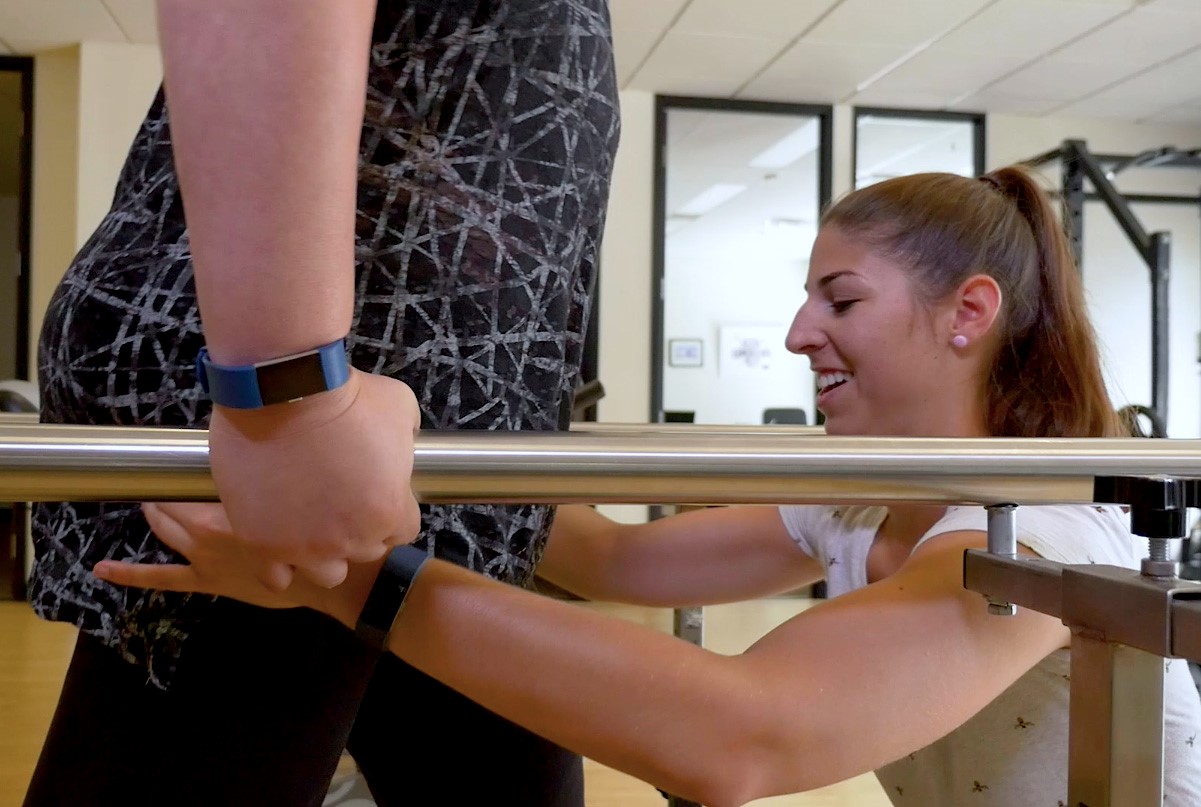Motivation. What drives you. It’s the reason you do something and why you care to do it. Motivation is an important key to perseverance. It is the end that justifies the means, especially when the means are sometimes not easy or pleasant.
When working with a physiotherapist during your recovery from an injury, or when your physio asks you for “one more rep!”, it is important to always keep your motivations in mind. But how do you know what those motivations are? What truly motivates you?
Guidance from a professional is key.
In my experience, physiotherapists who helped me create realistic short-term and long-term goals have kept me motivated over the years. Those who have also been open to feedback from me have been the most successful.
Dialogue that I have found to help me the most are open discussions that start with asking me what I want to be able to do or what are some of my biggest challenges since my injury or diagnosis. It helps them glean realistic goals and decide how best to work towards them. In the end, goals help to build my motivation to continue with the hard work that is required for recovery, especially if the goals are meaningful.
Meaningful goals are not always fixed, and it takes communication and teamwork to keep them in sight. Much of the time, I find goals can be some of the best motivators – working towards things that are noticeable like easing my day-to-day existence, or simply improving my level of independence. If motivations are purely clinical, and I realize it, odds are I won’t be eager to put in the work and they won’t find it as meaningful.
One of my goals was to learn how to ride a bike. I wanted to be good enough at it that I could do it without heavy assistance or a support worker shadowing me. I wanted to do it well enough that I could go on bike rides with my friends.
Learning how to propel my spastic legs to move two tires and not compensate inappropriately was a scary proposition. After a lot of practice and perseverance – and some special adaptations to my bike – I had a bike like everyone else and I could go out with my friends.
The physiotherapist I worked with took an active interest in learning about my meaningful goals, understood what I wanted to gain from my sessions at physiotherapy, and helped me remain motivated throughout the process.
In other instances, I wanted to learn how to perform simple activities of daily living, so that I didn’t always need someone else’s help. For example, tying my shoes, cutting my food, learning how to dress and undress, and learning how to use a bathroom counter for balance at another person’s home.
None of these goals were easily achieved and it took a lot of hard work. With the guidance of a physiotherapist who took the time to get to know me and uncover goals that were meaningful to me, I remained focused and every physiotherapy session had an ultimate purpose. This kept me motivated to push through challenging situations.
Written by








